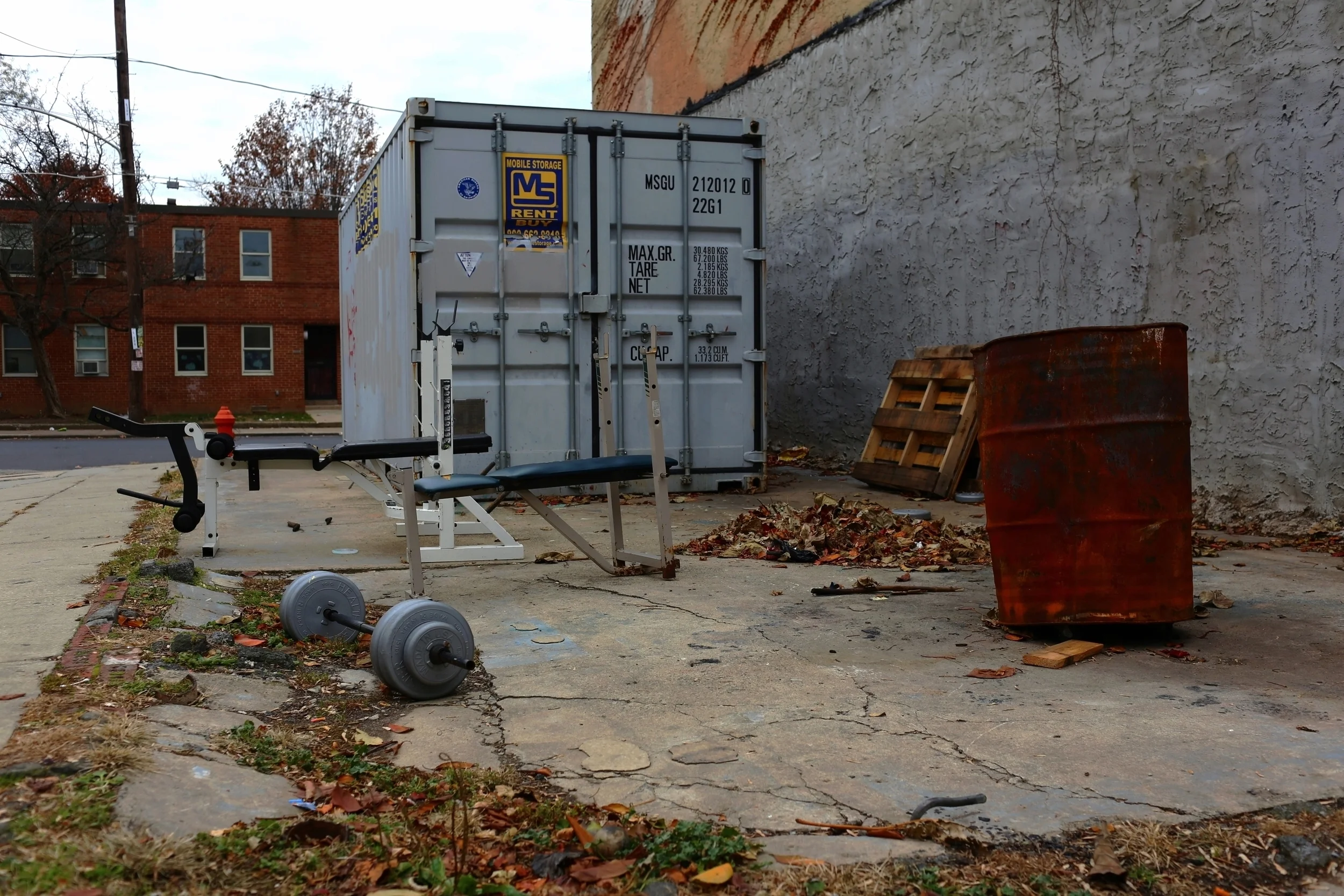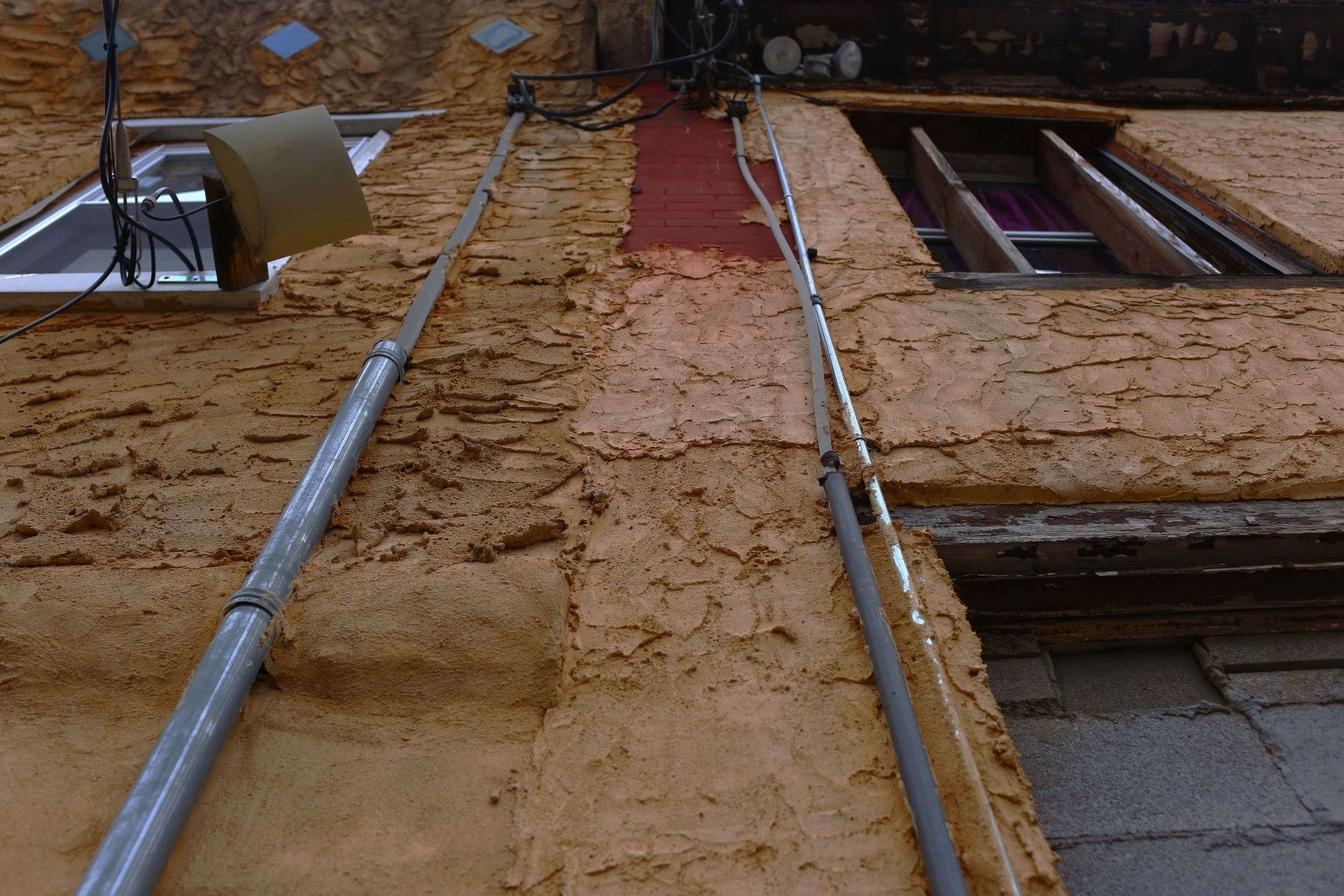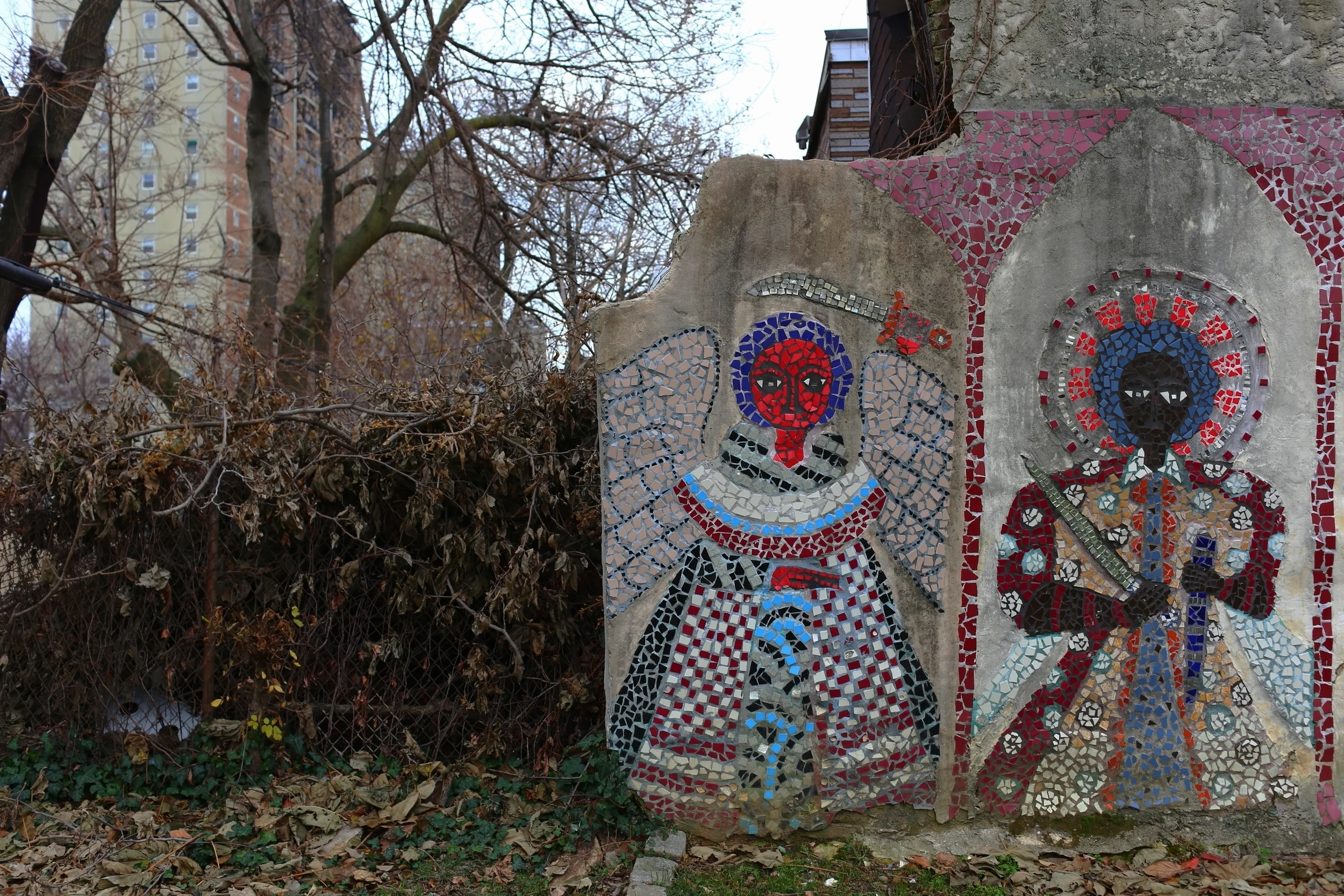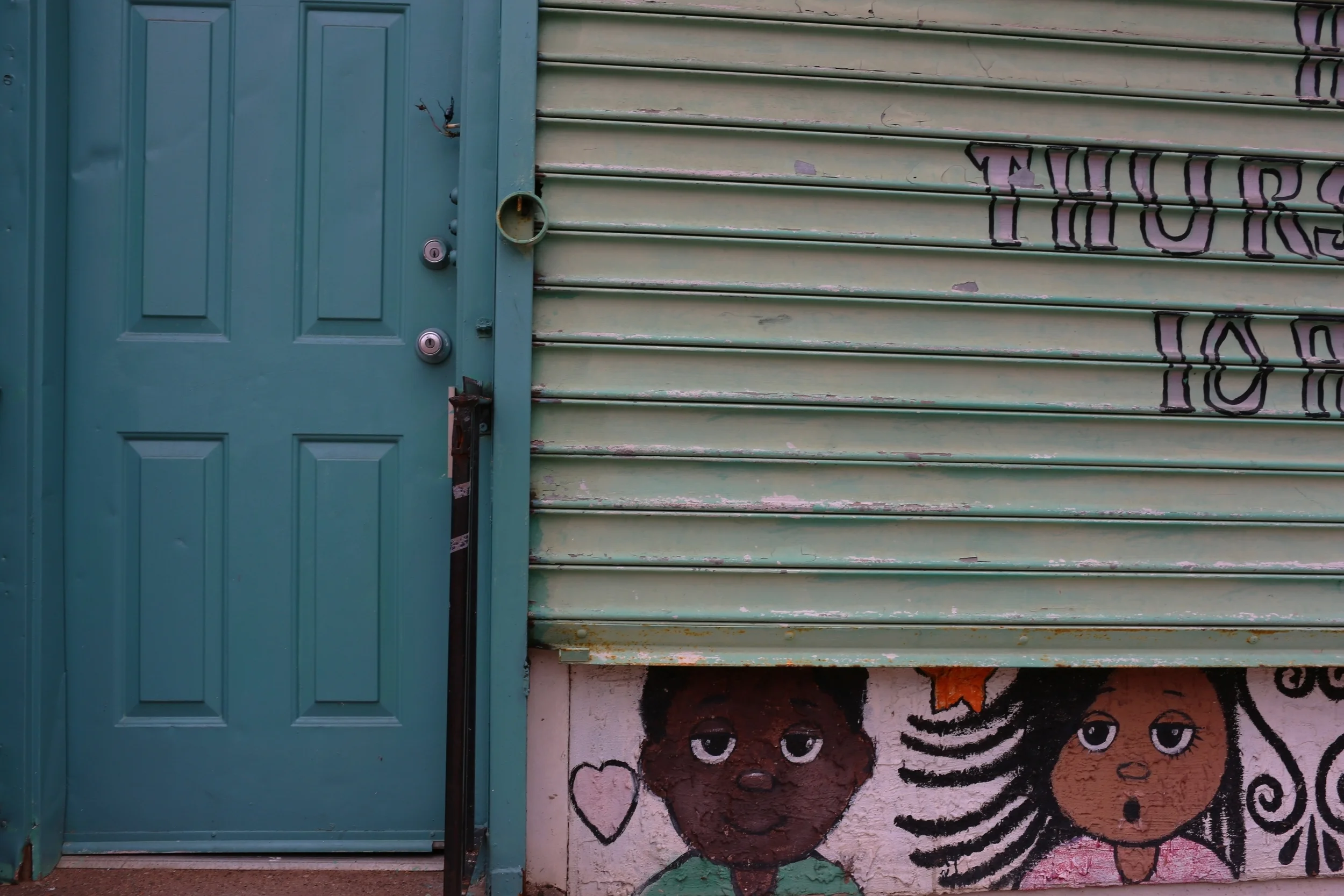







Mitchell Robinson
North Philadelphia
Mitchell Robinson’s life has been indescribably coloured by gun violence. His experiences allow him to speak with wisdom and authority to youth growing up in similar situations. His deep voice is laced with both pride and hope: pride from knowing he turned his life around, and hope through his belief that, with help, anyone can do the same.
Mitch works as an Outreach Worker for Philadelphia CeaseFire, talking to kids about all the options available to them, outside of the streets. He visits kids in their homes, hosts workshops at schools, and works from virtually every angle to convince kids that there’s more to life than what they can currently see.
Mitch was shot when he was 16 years old, about the same age as most of the kids he works with. Although he provides them with many resources like resume-building workshops and one-on-one mentoring, as someone who’s been in their shoes, Mitch knows the greatest resource he can provide is his presence as a person who doesn’t see them as a number or a problem, but someone who cares and understands.
A Sincerity Strategy
“The one thing our kids recognize is genuineness, at the end of the day … You can sit there and talk to a child, and he can listen and understand where you’re coming from. Nothing fake. I don’t have to stand in front and say I did ten to 15 years and stuff like that. What I can say is, ‘I’ve been there, done that. I’ve been at the bottom, and you can be like me or ten times better.’ But they have to feel it in you. If they don’t feel it in you, it won’t work.
“You need to be able to assess and talk to a person. That’s where the genuineness comes in … Those kids aren’t going to talk to you if they feel as though you’re just another school official. They prefer to talk to us. So we do a process in intake. We’ll talk to the kids about certain things that they’re doing … let them know we’re not police, or staff, or your parents. We’re people who are here with Temple who don’t make a lot of money, but we care. You really need to understand that.”
Dirt Don’t Hurt
“We do everything. It takes a lot to redirect. Sometimes you have to go beneath the surface to bring out that seed. So if you’re not willing to get your fingers dirty, don’t get into it. These kids need to know, ‘I have everything against me outside these doors, [but] I got one person that’s in this school that’s not talking about stats, not talking about pushing me through school, or getting our numbers up. It’s just about me … bettering myself.’
“Some of these guys sell drugs. They’re out here shooting, fighting, smoking, drinking, being promiscuous and doing all these things. For a stranger to come along out of nowhere and say, ‘Hey, it doesn’t have to be that route,’ that speaks a lot.
“I had a student today, and he's out there heavy … I said, ‘Well look, beside the street, what do you want to do?’ … He said, ‘Oh well, you know, I go to the technical college, and I work with my hands in carpentry, but it ain't no school, you know. There's no colleges like that.’ I said, ‘Oh, okay. You ever heard of Thaddeus Stevens [College of Technology]?’ So you have to be able to have resources to do this. Because you to got to be able to show them something other than what they're doing, because they're only seeing the street. They're only seeing that concrete jungle … You can take them out of that element and say, ‘Hey, wait a minute, there is some flowers around the corner, there is some pasture down the street. You just got to be able to get off the block.’
“We’re doing a session coming up on how to fill out job applications and how to dress, act, and speak for a job. These are the key things that we do. You have to be able to see the problem, attack it from the core, and then come build from the inside to the outside … As an outreach worker, we touch every known entity of their lives, from the parents, to school, to the street, to drugs, to women, to guns. You have to attack everything and be able to say, ‘Stop and think for a second.’
“If you can get them to stop and think for a second, then it’ll start running through their heads that ‘maybe I shouldn’t be doing this.’ The problem is, most crimes happen off emotions. They’re quick. So you have to be able to understand that as an outreach worker. We understand, we identify, we attack, we build, we grow, and we nurture.”
House Call
"What everyone fails to understand is that this sickness of violence starts from home. It’s an in-house sickness. Everyone is dancing around and talking about legislation and government, but the government has been the same way for 80-100 years, and it’s not going to change. It starts with the people … Without the people there is no government. So when you get with these kids and you’re sitting in the house, you start with the children. A new generation [is] what you have to build on. Once you start building up the young people you can start to change minds.
"Sometimes you [also] have parents that need help. A lot of them want it, and a lot of them don’t. I spoke to a parent last night who had gotten kicked out of his house and had lost his son. He has no job. I knew that the way I could best help the son was to help the father. So the first thing I did was pull my book of jobs out. ‘Hey dad, not to tell you what to do, but let me throw a couple jobs at you and see what happens. Here are some names and numbers, why don’t you go check them out?’ Now, he might not get them, but it’s a spark, and that father will start thinking, ‘This man doesn’t know me from a can of paint, but he’s throwing me jobs.’ Then the son is looking at his dad, the dad is looking at me, and I’m looking back at the son, because it’s a cycle. If I help him, you help me, and we all help each other."
- - - - - - - - - - - - - - - - - - - - - - - - - - - - - - - - - - - - - - - -
Interview by Jonnell Burke and Dan Kurland | Text by Jonnell Burke | Portraits by Alexander Atienza | November 2015